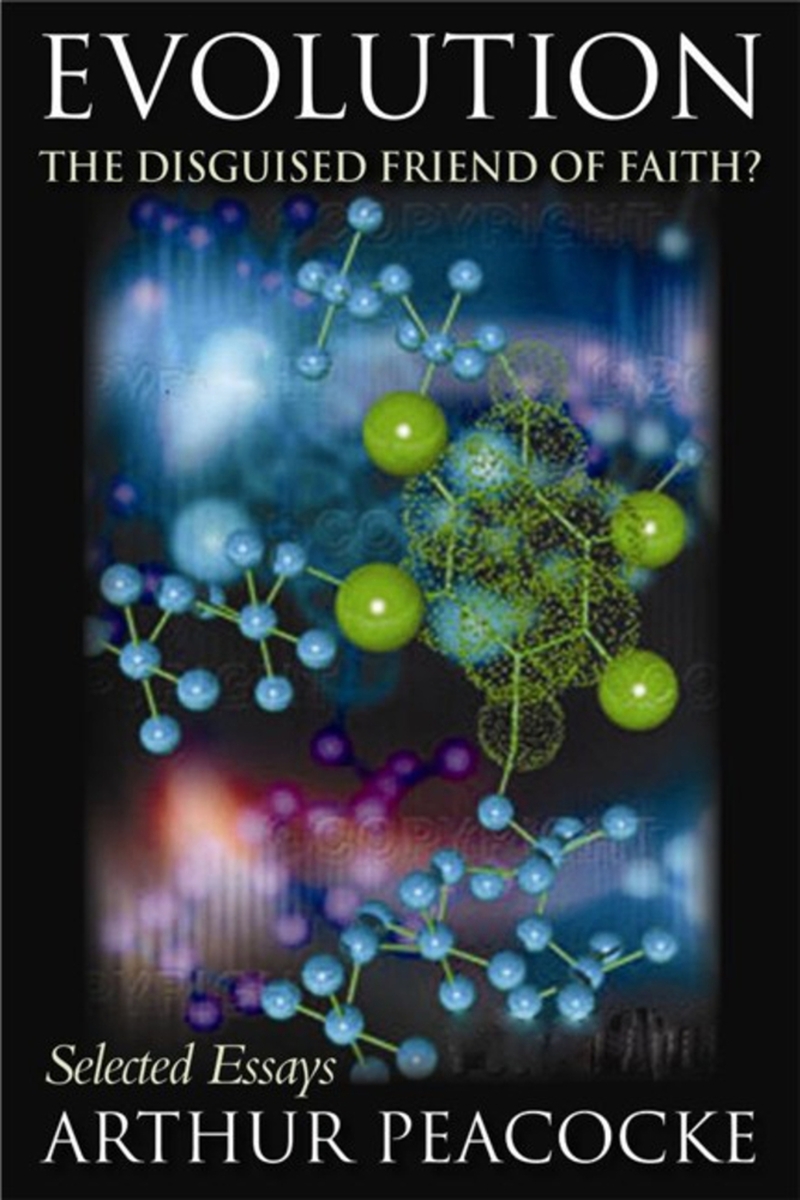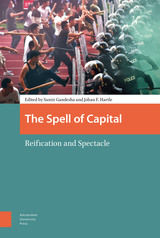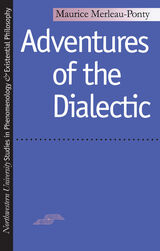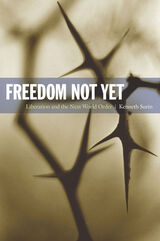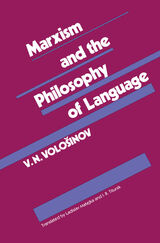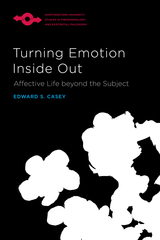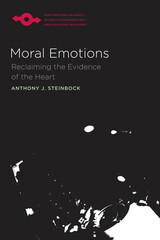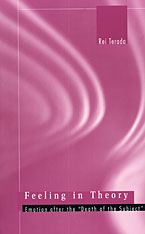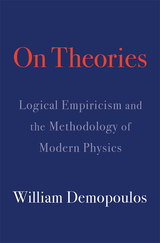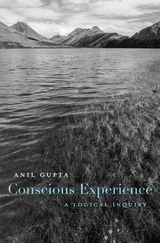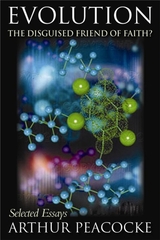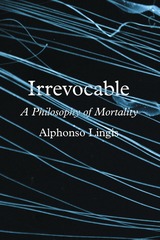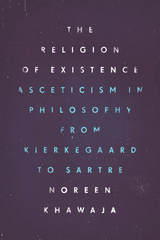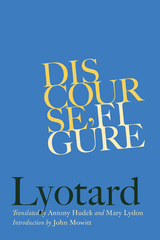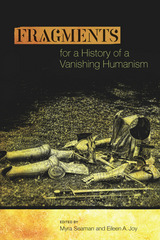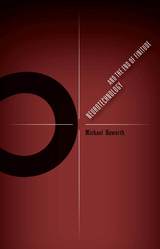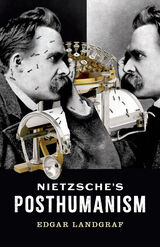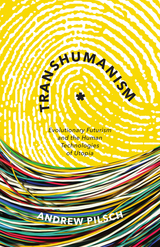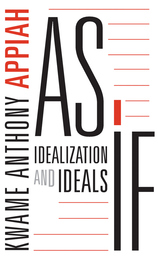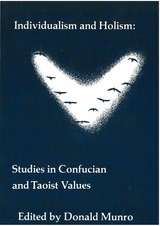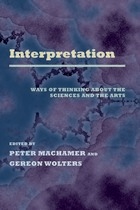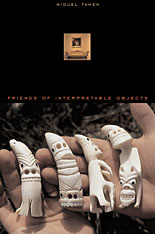Evolution: The Disguised Friend of Faith?
Templeton Press, 2004
Paper: 978-1-932031-72-0 | eISBN: 978-1-59947-033-7
Library of Congress Classification B818.P32 2004
Dewey Decimal Classification 261.55
Paper: 978-1-932031-72-0 | eISBN: 978-1-59947-033-7
Library of Congress Classification B818.P32 2004
Dewey Decimal Classification 261.55
ABOUT THIS BOOK | AUTHOR BIOGRAPHY | TOC | REQUEST ACCESSIBLE FILE
ABOUT THIS BOOK
Arthur Peacocke, eminent priest-scientist, has collected thirteen of his essays for this volume. Previously published in various academic journals and edited books, the provocative essays expand upon the theme of the evolution of nature, humanity, and belief. They are grouped into three parts:
- Natural Evolution covers topics ranging from the implications of deterministic chaos; biological evolution and Christian theology; chance, potentiality, and God; complexity, emergence, and divine creativity.
- Humanity Evolving in the Presence of God, articulating God’s presence in and to the world as it is unveiled by the sciences; the chrysalis of the human; the nature and purpose of man in science and Christian theology.
- Theological Evolution—the Reshaping of Belief, dealing with science and the future of theology; public truth in religion; the incarnation of the self-expressive word of God; DNA; and the challenges and possibilities of western theism.
In the epilogue, Dr. Peacocke discusses wisdom in science and education, referring to Robert Grosseteste, a medieval scientist-theologian.
See other books on: Evolution | Faith | Religion | Religion & Science | Religion and science
See other titles from Templeton Press
